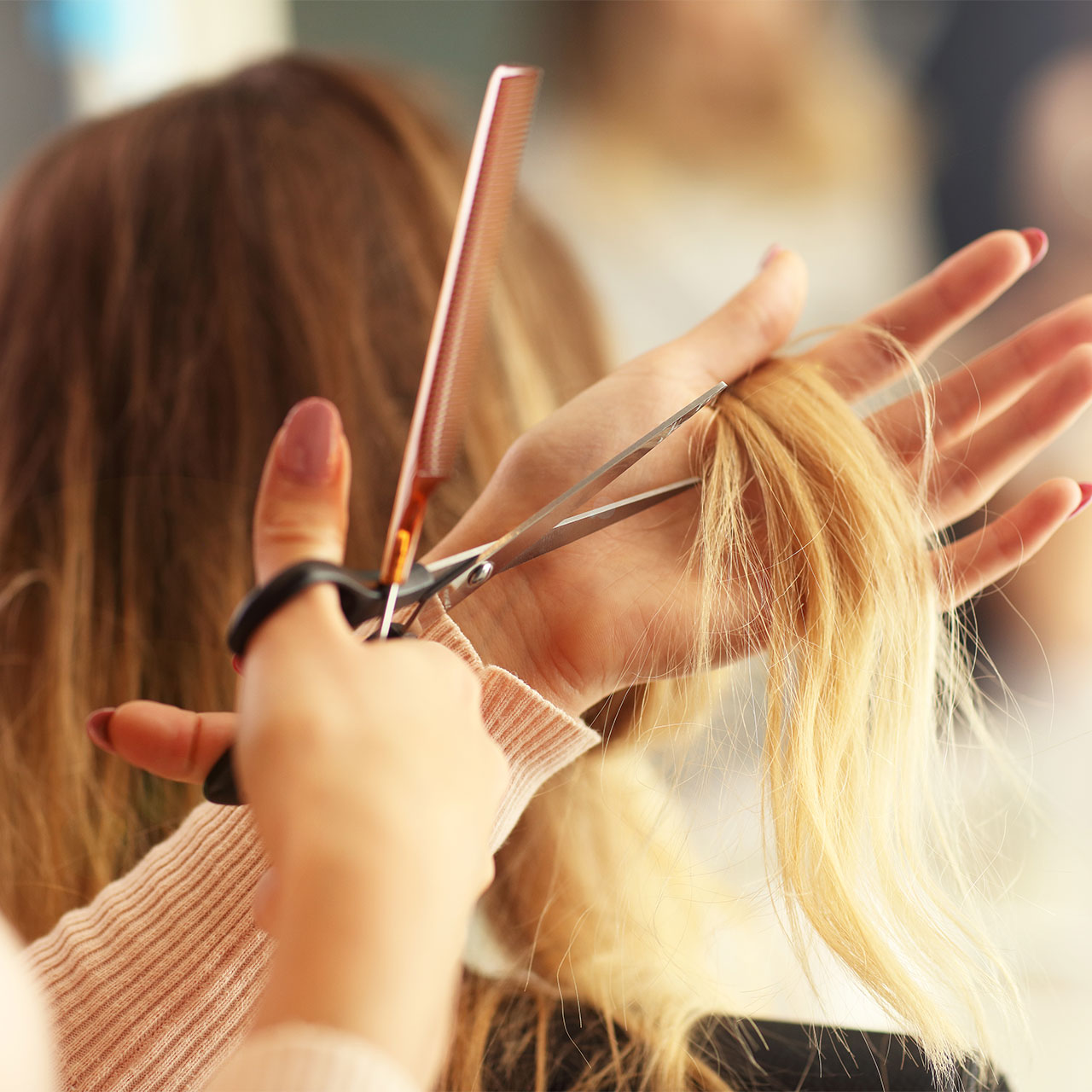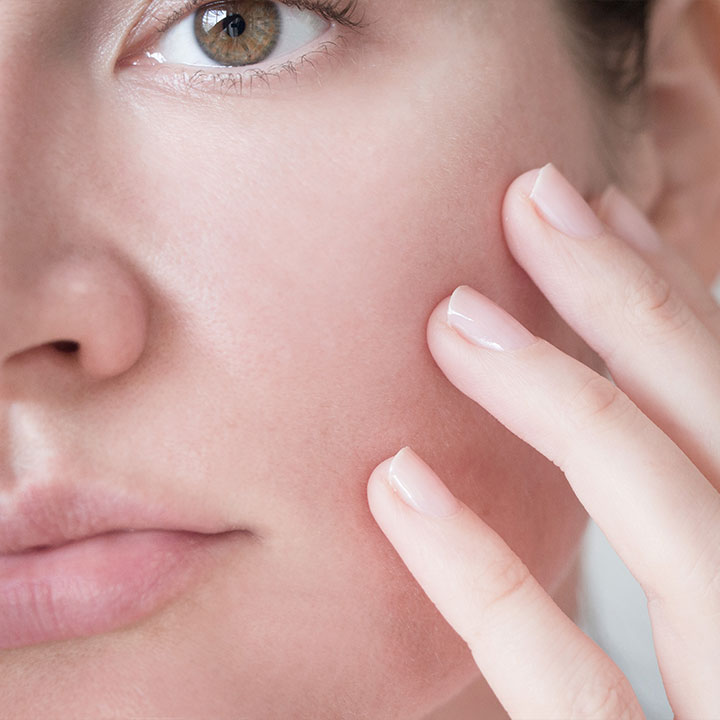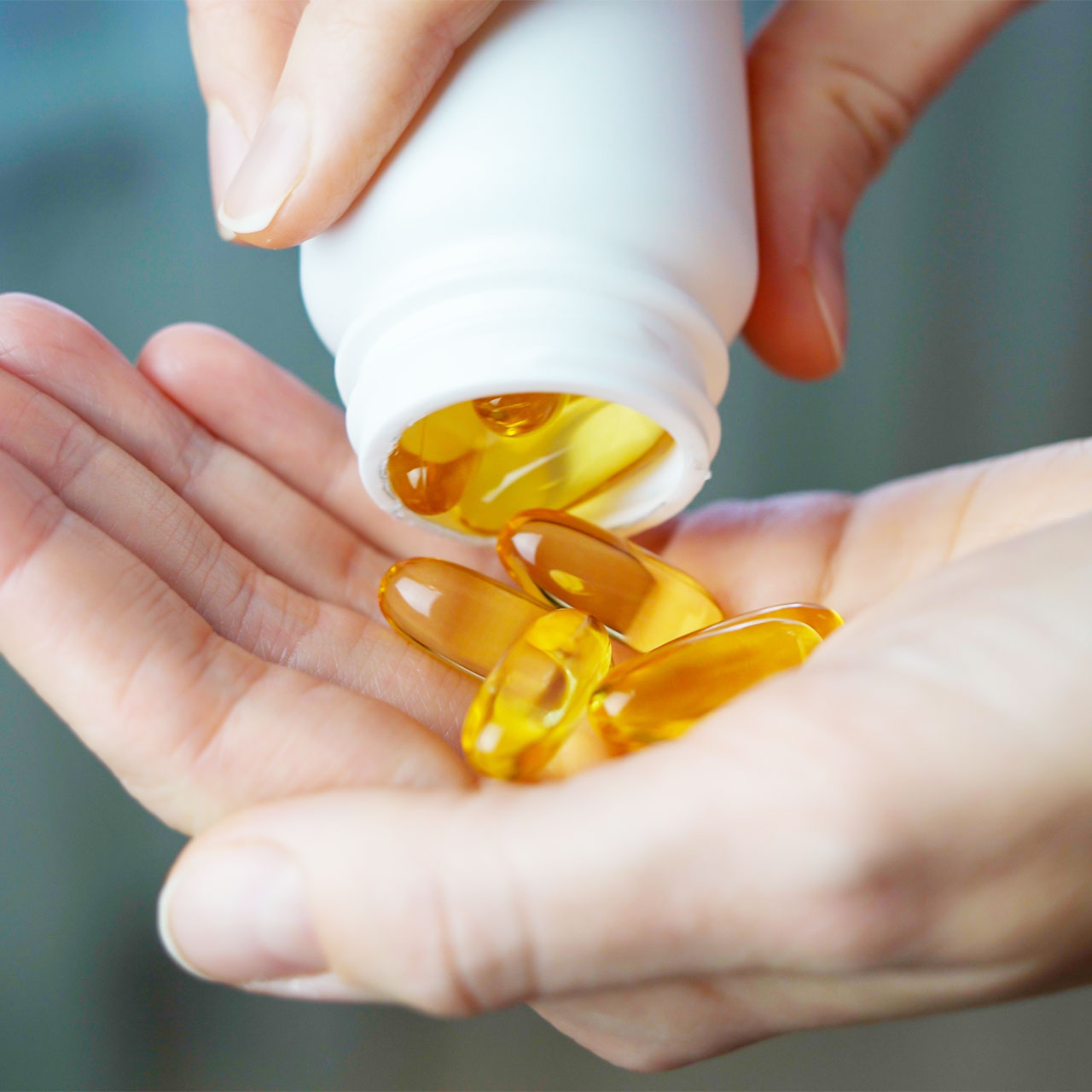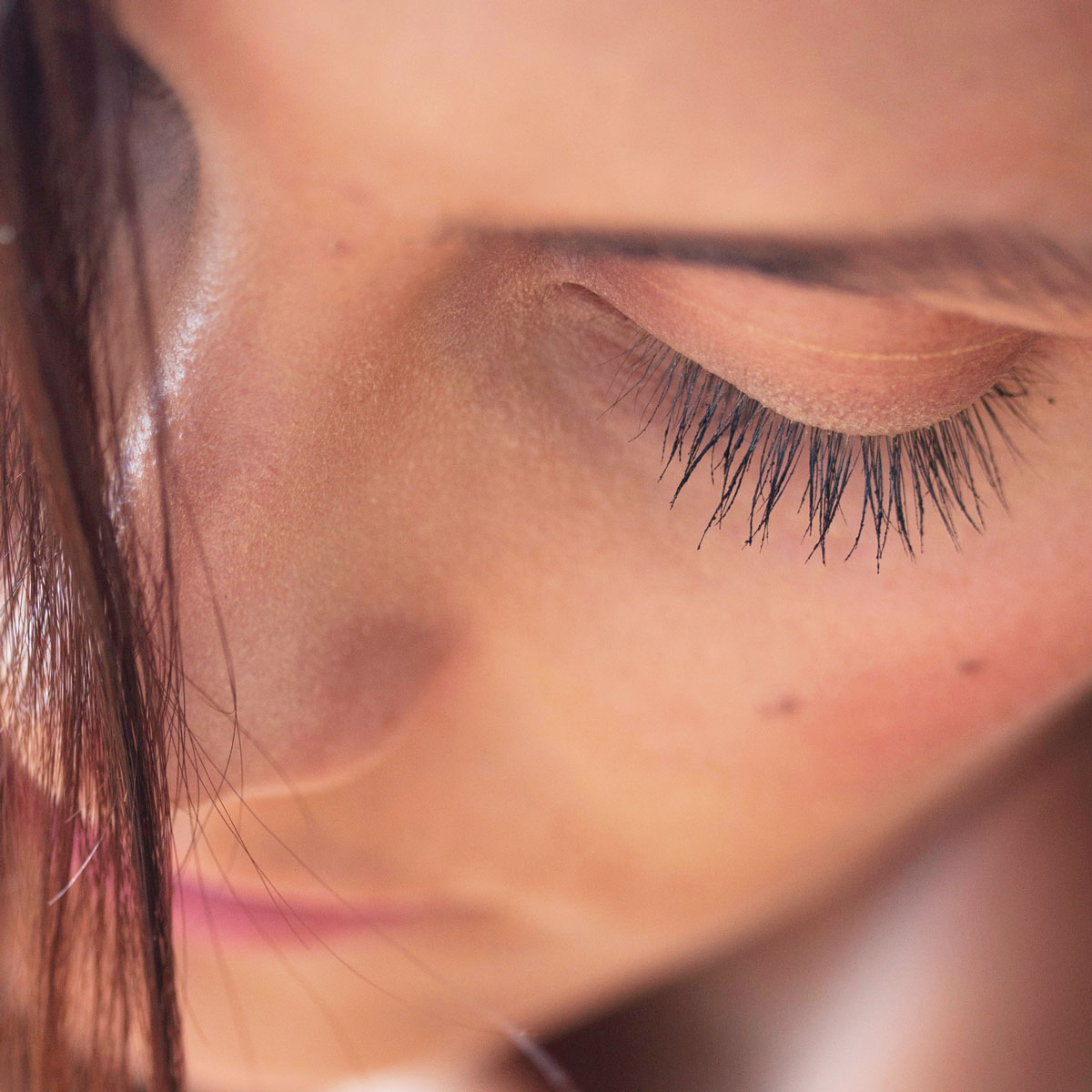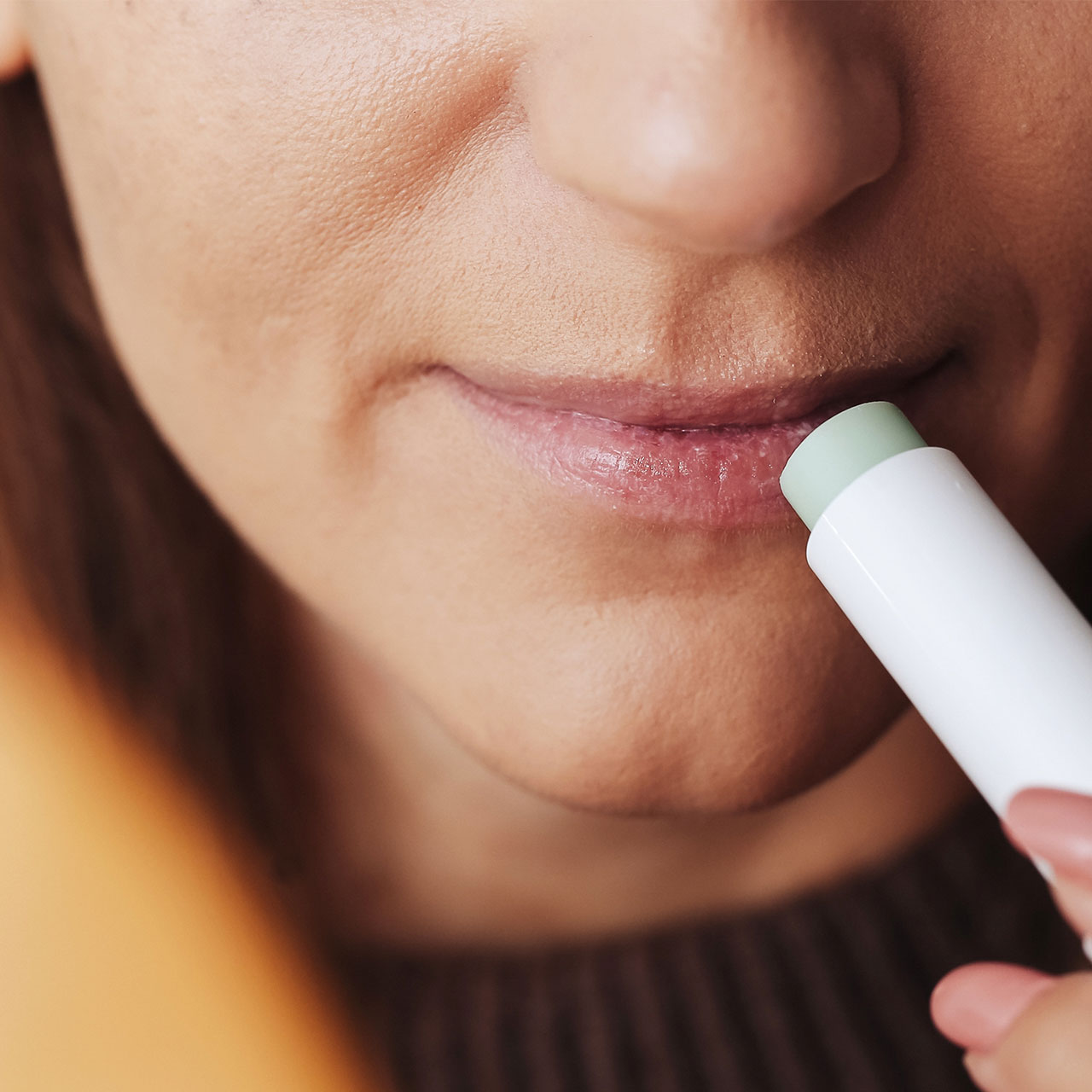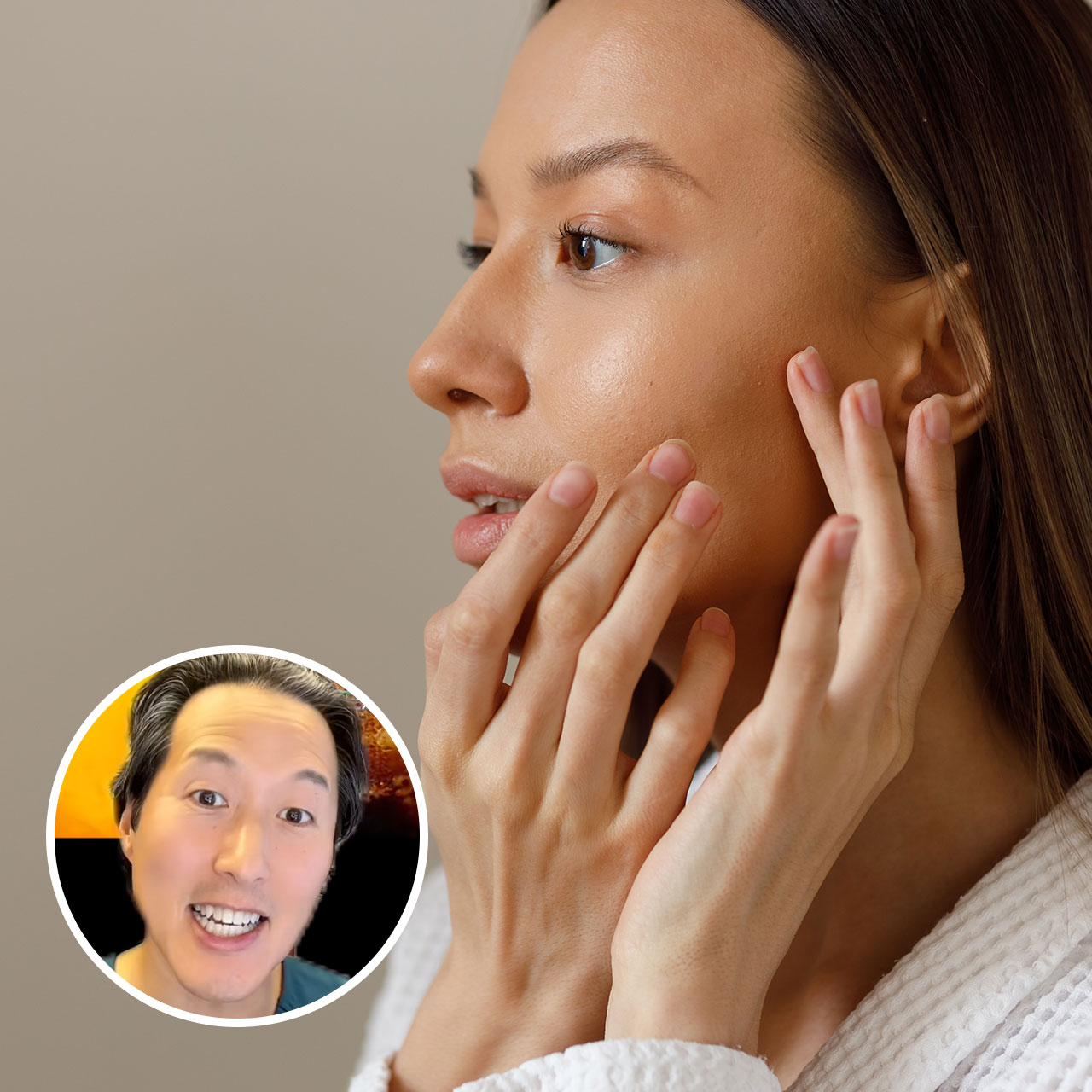Although fall is on its way, the end of a muggy, sweaty and very hot summer can still be a brutal time for those of us with naturally oily skin. With that said, we asked dermatologists and skincare experts for 4 daily oil-reducing treatment options and reasons as to why they work. Read on for tips, suggestions and insight from Dr. Angela Casey, MD, dermatologist and founder of Bright Girl youth skincare line, Dr. Rina Allawh, MD, FAAD, dermatologist and skincare expert, and Dr. Anna Chacon, MD, dermatologist and writer at MyPsorasisTeam.

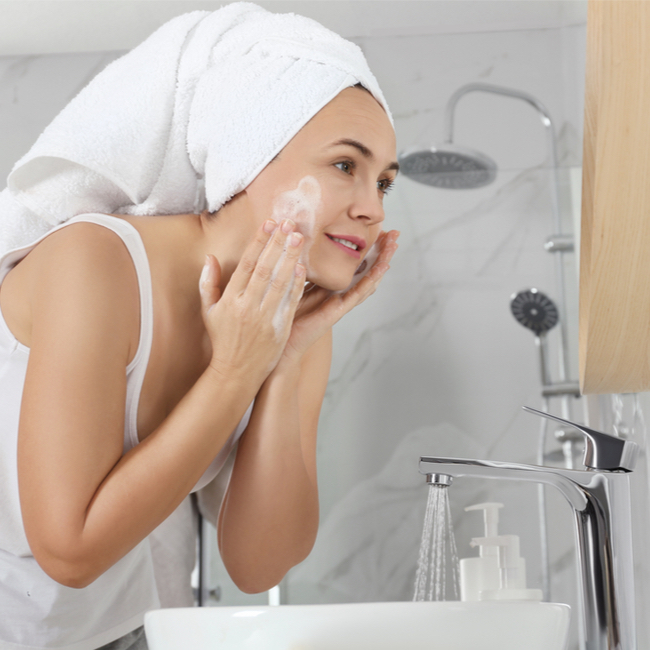
1. Wash Your Face Twice A Day
While this might seem obvious, Casey stresses that anyone with oily skin can prevent additional breakouts and clogged pores if they use a cleanser both every morning and night, and remove all makeup at the end of each day."As a dermatologist and skin health expert, I counsel my patients on the importance of minimizing inflammation in their skin," she says, as this is prevented with a regimented skincare routine and washing schedule. Inflammation, she warns, leads to skin damage, and this can manifest as skin dullness, laxity, and sensitivity, all on top of your oily skin.
"Morning skincare habits should take into account the circadian rhythm of the skin," she says, explaining the importance of your post-wake up cleanse. "In the morning, the skin has completed its rest and repair phase, which occurs overnight. Skin permeability is less in the morning compared to the evening, and blood flow to the skin slows," she adds. Penetration of hydrophilic and lipophilic compounds peaks in the early morning hours, she notes, and all of these factors should be taken into consideration as we address morning skincare. Every morning, Casey advises to "wash with a pH-balanced, gentle cleanser using lukewarm water," as this step "refreshes the skin and removes any sweat and debris that may have accumulated overnight." This step should be repeated every night, she adds, after removing all makeup from your face.
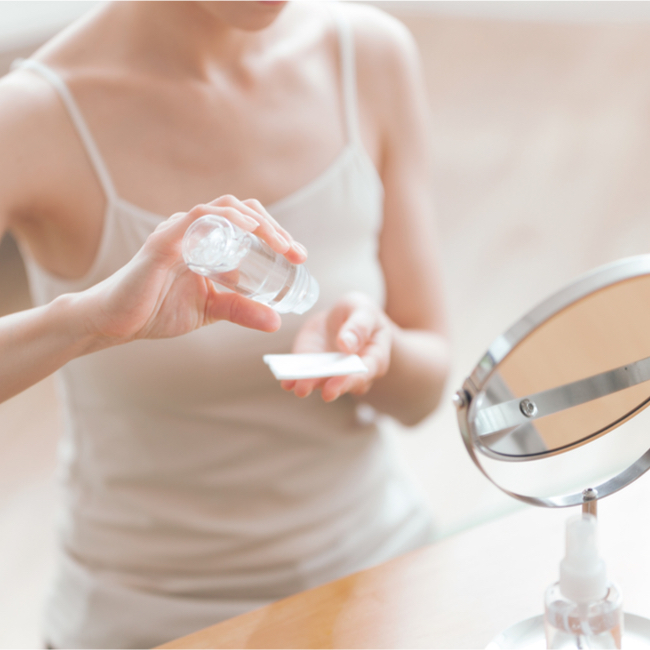
2. Use A Toner
A face toner is used to absorb excess dirt, oil, makeup and any other debris that may clog skin pores, Allawh says. Toners are used as an alternative way to cleanse the skin on the face, she adds, when frequent washing may be irritating for those with sensitive skin. "The frequency of facial toner use depends on the ingredients in the toner, skin type and the purpose of the toner," she explains, "For example, for those with oily, acne-prone skin, a facial toner with gentle ingredients may be used once daily vs individuals with sensitive, dry skin, a facial toner may be used up to two to three times weekly."
Allawh notes that facial toners containing "less irritating and more soothing ingredients" (you can ask your dermatologist what works for your skin) may be used daily in the morning or evening in contrast to facial toners "containing exfoliating ingredients such as glycolic acid."A facial toner should be applied "after cleansing your face with a gentle facial hydrating cleanser," she advises. To do so, "soak a small cotton pad with the toner and gently wipe your face with the cotton pad," she says. Allawh then instructs to "wipe each area of your face once," and to "avoid repeatedly wiping in one area as this may over-exfoliate and dry out the skin." Lastly, she suggests "following up a facial toner with a gentle facial moisturizer that is non-comedogenic" (meaning it won’t cause you to break out, we'll get to that later).
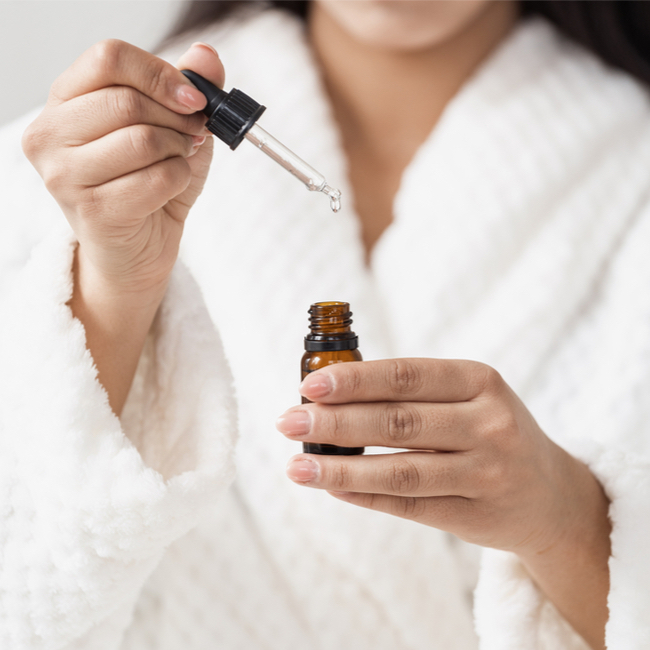
3. Add Vitamin C & Hyaluronic Acid Serums To Your Routine
Before moisturizing in the morning, Casey advises using a vitamin C serum to give your skin a more radiant glow (and not one caused by excess oil!) "Apply an antioxidant serum, such as vitamin C," she says. "Antioxidants are an important morning skincare step as they arm your skin to be prepared for all of the environmental pollutants and irritants that we encounter throughout the day," she continues. For a helpful mindset tip, Casey says to "think of antioxidant serums as an extra layer of protection on your skin."
Before moisturizing at night, she says to use a hyaluronic acid serum for additional and necessary moisture that can help repair your skin as you sleep. "When we apply an effective skincare product, such as hyaluronic acid, at night, we will see optimal efficacy of the product," she says. "Because our skin is so dependent on water and hydration to function properly, it is essential for the skin to stay hydrated in order to stay strong and perform its protective functions," she adds, meaning that yes, your skin still needs moisture even if naturally oily! Hyaluronic acid applied to the skin at night penetrates into the skin, she stresses, and then continues to attract water towards it, allowing for better hydration of the skin. "Skin that is well-hydrated stays strong, resilient, and healthy."
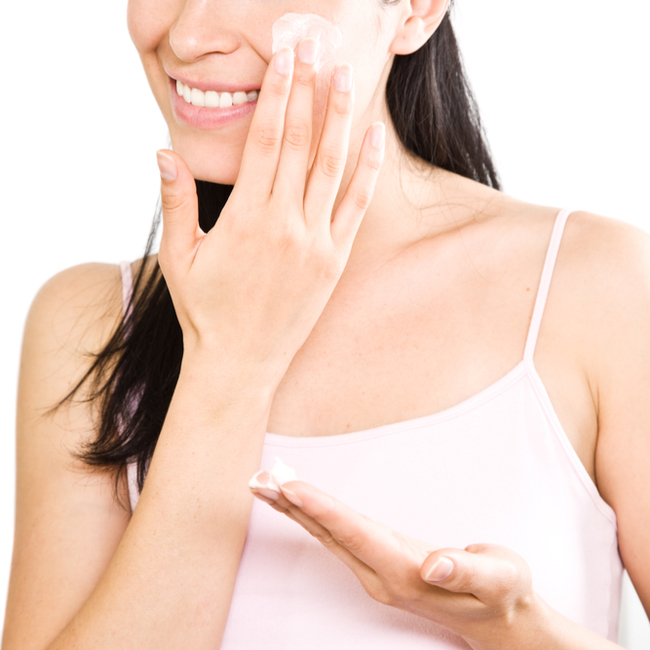
4. Apply Moisturizer Twice A Day (And Sunscreen In The A.M.)
Your skin needs moisture right after you cleanse, and if you do this twice daily, Casey shows how moisturizing must be done this frequently also. In the morning following your vitamin C serum, she says to then "apply an effective moisturizer, which helps lock in the antioxidant serum and well and seals the skin barrier." This ultimately offers protection and hydration to the skin. After mositurizing, Casey says that "sunscreen is a non-negotiable," as is using a product that is "SPF 30 or higher, with broad-spectrum UVA/UVB protection."
At night, after hydrating your skin with a hyaluronic acid serum, Chacon says to use a moisturizer that is "non-comedogenic." This term means that it won't clog your pores while you sleep, and can lock in the hydrating effects of the previous serum. Additionally, Chacon notes that ingredient-wise, "heavy occlusives are not suitable for oil-prone skin" in moisturizers because they "create a barrier that can trap oils and clog pores, often leading to breakouts."
Instead, she concludes that people with oily skin should use humectants and/or emollients. "Humectants are water-based products such as hyaluronic acid, that bind the top layer of the skin for moisture," she says, while emollients are "fatty lipid-based products that enhance the skin's lipid barrier." In conclusion, she suggests also looking for products "that are rich in ceramides" to benefit your oily skin type.



